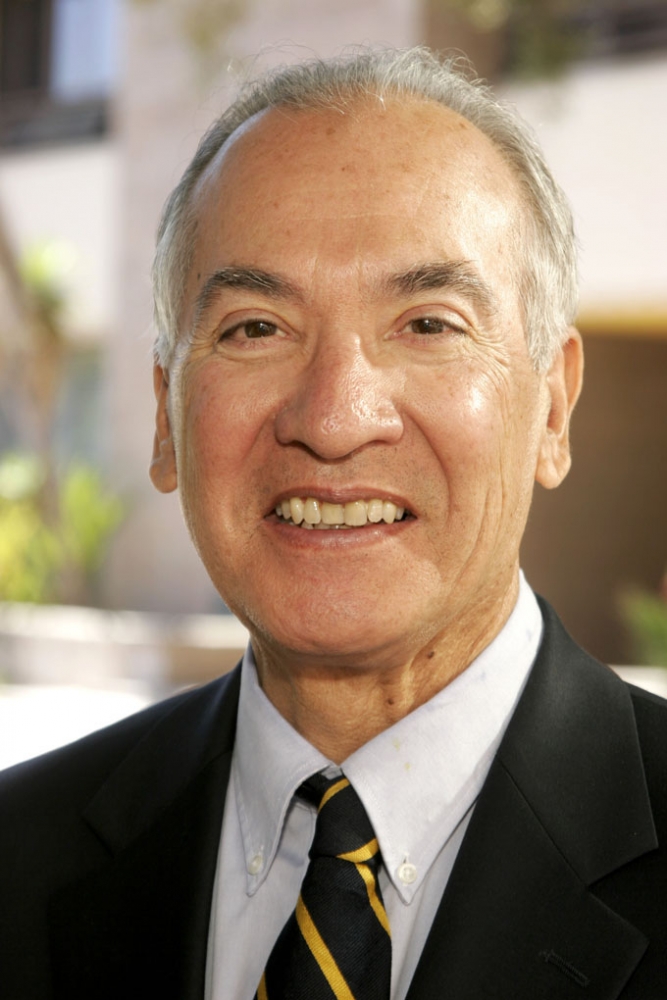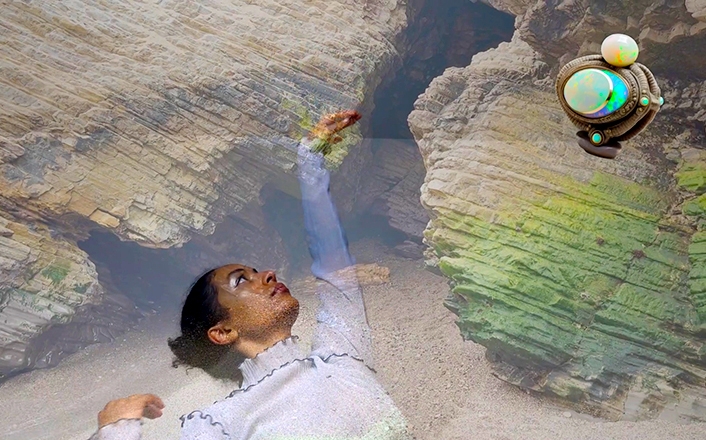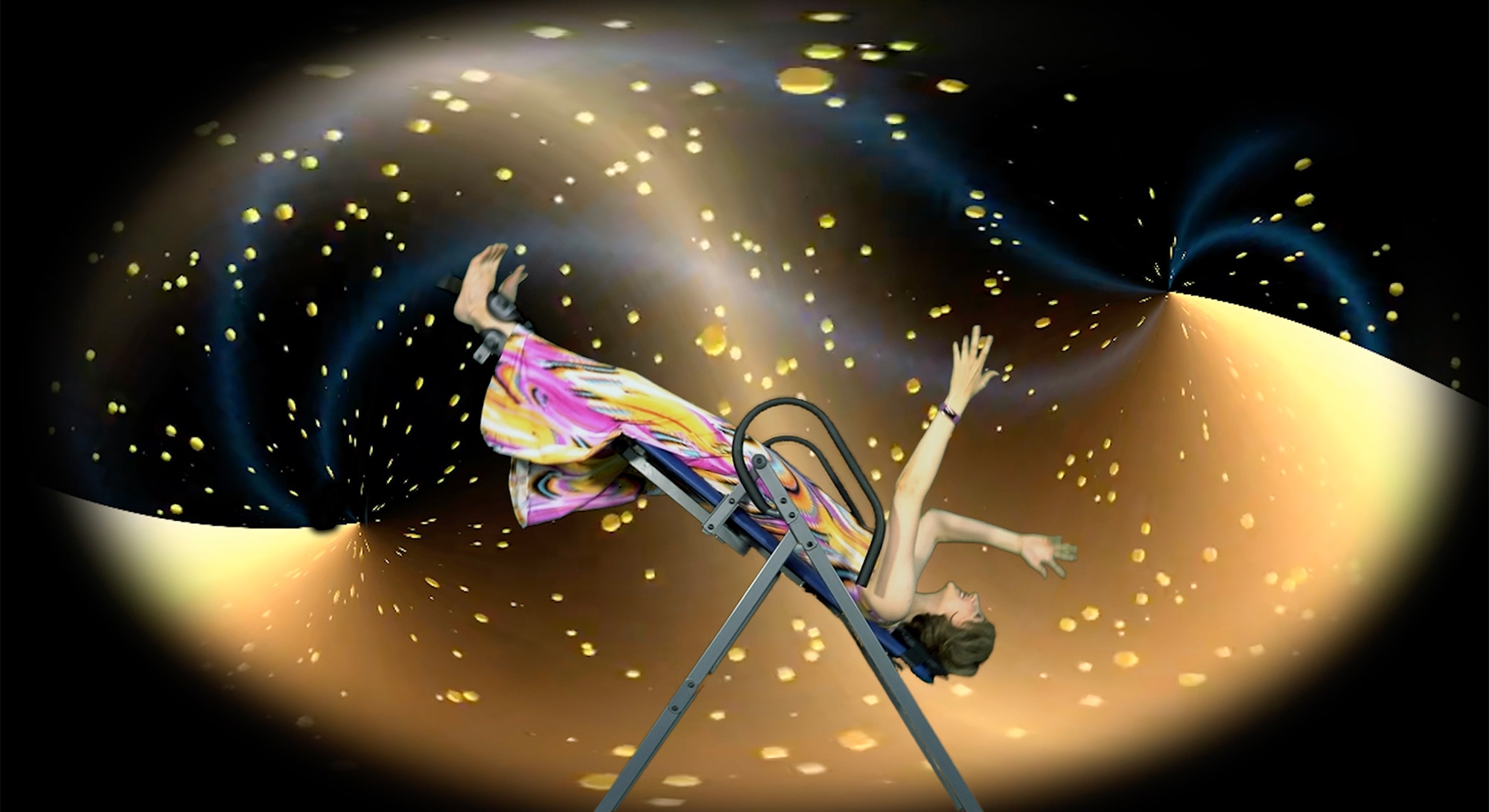
Rethinking the Past

Historical documents — and, for that matter, sources — exist in many forms. Traditional research involves studying official records, newspapers, correspondence and diaries, but poring over autobiographies, oral histories and works of fiction can also help illuminate the past.
In his new book, “Literature as History: Autobiography, Testimonio, and the Novel in the Chicano and Latino Experience” (University of Arizona Press), UC Santa Barbara historian Mario T. García analyzes prominent works of Chicano fiction, nonfiction and autobiographical literature to explore how they can sometimes reveal much more about ordinary people’s lives. This approach, according to Garcia, can yield personal insights into historical events, such as gender identity, multiculturalism, sexuality and the concerns of the working class.
García discusses the meaning and intent of narratives as a way to rethink history. He describes how historians can use Chicano and Latino literature as important historical tools to discover new perspectives.
“This book is different in that I become a transborder scholar by linking my training as a historian with my love of literature,” said Garcia, a professor of history and Chicano studies at UCSB. “I show how historians can also be literary critics by analyzing literary texts as historical texts, which I do in this latest book.”
A leader in the field of Chicano history and one of the foremost historians of his generation, Garcia explores how Chicano and Latino literature can serve as valuable resources for Chicano historians. Autobiography, testimonio, and fiction are the genres he researches to obtain new and insightful perspectives on Chicano history at the personal and grassroots level. Breaking the boundaries between history and literature, Garcia provides a thought-provoking discussion of what constitutes a historical source.
Garcia is the author or editor of nearly 20 books, including “The Chicano Generation: Testimonios of the Movement” (UC Press), “The Latino Generation: Voices of the New America” (University of North Carolina), and “Blowout! Sal Castro & the Chicano Struggle for Educational Justice” (University of North Carolina Press). He has received numerous honors and awards, including, most recently, the Oral History Association’s 2016 Stetson Kennedy Vox Populi Award. García also is a former recipient of a Guggenheim Fellowship.



